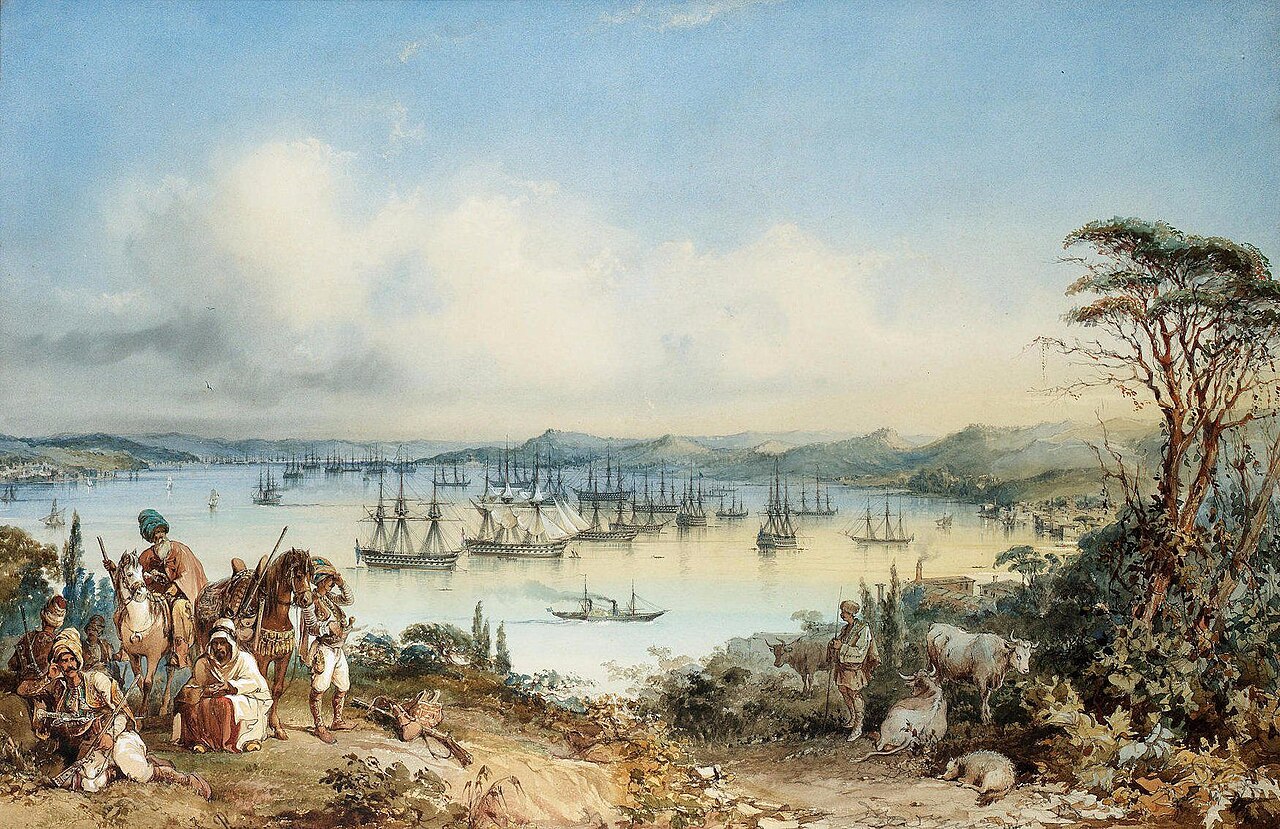
Frederick Harris D. Vieth: A Soldier’s Memory from Crimea to Canada
FREDERICK HARRIS D. VIETH Section A, Range 17, Grave 19
Born in 1840 in Halifax, Nova Scotia, Frederick Harris D. Vieth led a life that bridged the worlds of military service, civil duty, and historical authorship. At the youthful age of fifteen, while visiting the British Isles in 1855, Vieth received a commission into the 63rd (West Suffolk) Regiment of Foot, a unit of the British Army. He promptly entered service during the final phases of the Crimean War—a major European conflict that saw allied British, French, and Ottoman forces engaged against the Russian Empire in one of the first modern wars marked by trench warfare, field hospitals, and the earliest forms of war correspondence.
Vieth's wartime experience was formative. He served with distinction and was part of the expedition to Kinburn, a lesser-known but strategically significant operation along the Black Sea, where Anglo-French forces used new steam-powered gunboats and explosive shell technology to quickly capture Russian fortifications. This campaign would later feature prominently in his writing. After the conclusion of hostilities, Vieth remained with the regiment as it rotated through garrison duties, including a period stationed in the Maritime Provinces of British North America, where the British Army maintained a strong presence to defend colonial interests and suppress unrest.
Following his active service in the regular army, he transitioned to the Nova Scotia militia, eventually serving as a captain in the 11th Halifax Regiment, a prominent local unit tasked with civil defence and ceremonial duties. In civilian life, Vieth continued his commitment to public service. Relocating to Ottawa, he joined the Department of Railways and Canals, an essential federal department responsible for overseeing the development and regulation of Canada's expanding transportation infrastructure during a time of rapid industrialization and national growth.
In 1907, at the age of 67, Vieth published his memoir, Recollections of the Crimean Campaign and the Expedition to Kinburn in 1855, Including also Sporting and Dramatic Incidents in Connection with Garrison Life in the Canadian Lower Provinces. This vivid, first-hand account provided unique insights into mid-19th century warfare, as well as the social and cultural life within military garrisons across British North America.

Through a combination of military detail and anecdotal narrative, Vieth’s work stands as a valuable contribution to Canada’s military literary heritage and to the recorded memory of the Crimean War from a colonial perspective. Frederick Harris D. Vieth passed away in Ottawa on May 30, 1909, leaving behind a legacy of service, reflection, and contribution to Canada's early military and bureaucratic institutions.

